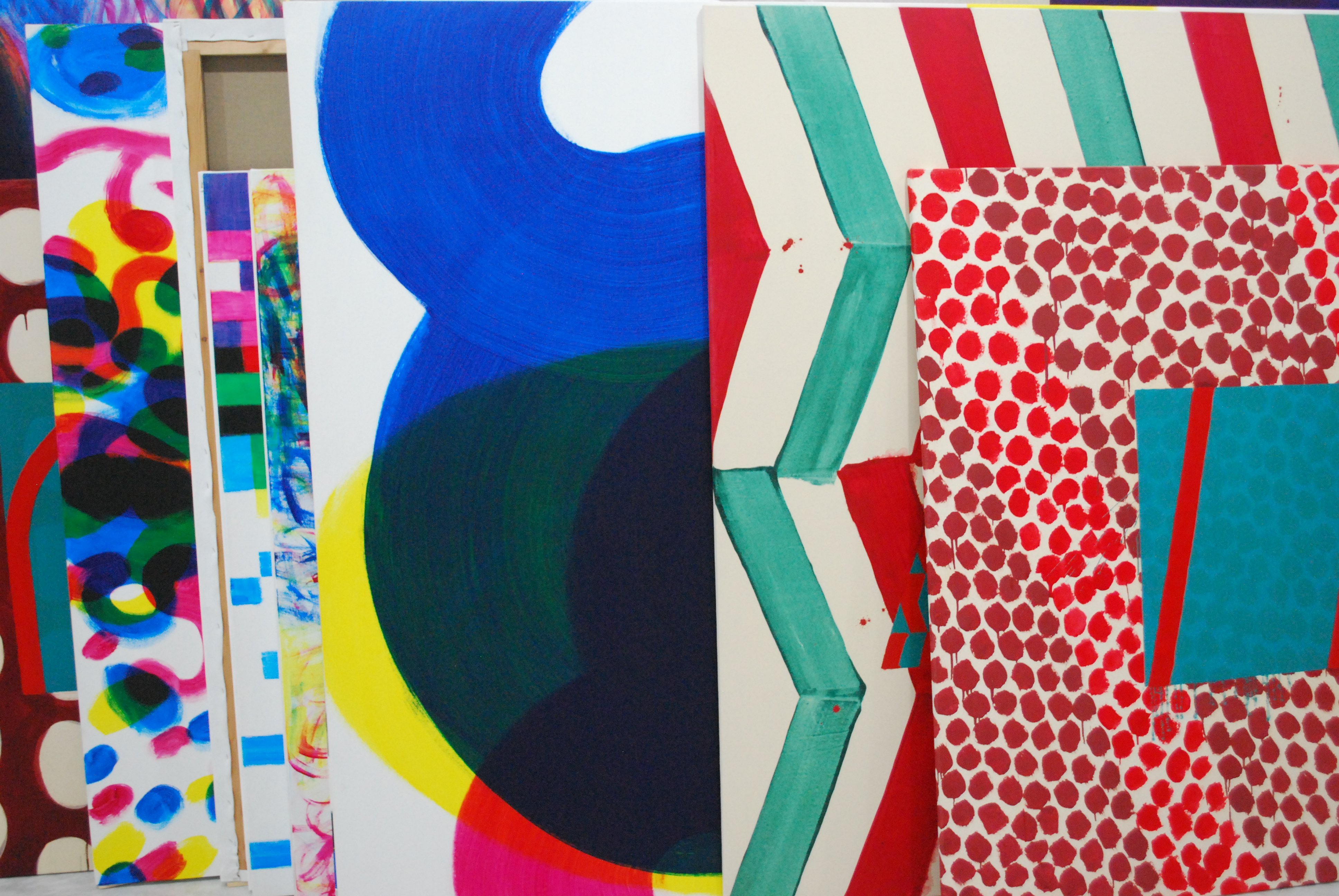Fixing what is wrong
Transformation narratives turn the fat into the skinny, pretty into the ugly and the dag into the fashionista.
In the case of Beauty and the Geek socially awkward engineers become studs and the shallow ditz suddenly become, nice, smarter young ladies – all in the space of a season.
Beauty and the Geek is a makeover show that employs the use of a transformation narrative. It’s pitched as a show about changing perceptions and changing lives. Every episode the beauties become a little less vain and the geeks get a little less awkward.
Although this may seem like a “nice” premise to base a show on, there is a central issue with ‘the makeover’ that I would like to address in this blog. I would like to explore the fundamental, ideological issues with makeover television, in determining or strengthening what is considered right and wrong or good and bad in the broader context of Australian society.
Beauty and the Geek began as in America in 2005 and was advertised as “The Ultimate Social Experiment”. Created by Hollywood actor Ashton Kutcher, the show ran for 5 seasons and has since been adapted for 21 different countries.
The Australian version premiered in 2009 on Channel 7 and has run for 6 seasons.
According to Tanya Lewis (2008), makeover television shows are growing in popularity and in scope.
“The past few years has seen an explosion of lifestyle makeover television shows with audiences around the world being urged to renovate everything from their homes to their pets, a process that has seen the emergence of an army of lifestyle gurus on television advising us on what not to eat and what not to wear”. (T Lewis)
The intended transformation in Beauty and the Geek Australia is explicit with the voiceover reading “the team with the greatest transformation will win $10,000.” Beauty and the Geek could be seen as a transformation shows in two ways: the physical transformation of the geeks and the emotional transformation of the beauties.
There is the obvious make over episode where dorks become studs thanks to leather jackets and hair gel.
The geeks walk down the stairs of the mansion. The geeks voice over reminisces about their first day in the mansion, referring to themselves in the past tense playing on the idea of transformation. A tracking shot is used to map the journey of the geek as they talk about their previous selves. Dramatic orchestral music plays to add a heightened sense of emotion. Their transformation is revealed by walking through a life size image of their old selves. The orchestral music gets louder and more intense as they physically breaks through to reveal their new selves. The beauties cheer and the music buildings to a flourishing orchestral melody indicating that the subjects are overwhelmed with happiness with their new appearance.
Despite characters claiming to love their new look. I argue there is a bigger issue at hand. The fundamental premise of transformation narratives is that there is something to be fixed. “premised around the possibility of transformation and renewal,” which implies there is something wrong or bad in the first place.
https://www.youtube.com/watch?v=bqfE9e12w5U&list=PL-Atj-BOihPJLlLPc1HrRVdvQiHG1zQzu
Alison Hearn believes there are issues with the very premise of transformation television. “The shows actively exploit the insecurity of participants for narrative effect; they discipline the participants into compliance through the use of an array of humiliating devices with the goal of finally producing a relatively homogenous array of subjects”
“Geeks” who once wore Hawaiian shirts and Star Wars memorabilia now sport man buns and chic suits. They undertake tasks, often humiliating in order to become less socially awkward and therefore be transformed into a “better” version of their previous selves.
It could be argued that the beauties become better by being nicer and more concerned about the world around them, which are considered a worthwhile transformation. However again, it implies that if someone isn’t smart or well spoken then they need to be improved or made better in some way.
Put simply, transformation narrative often promotes a clear dichotomy between good and bad, right and wrong, beauty and geek.
Gareth Palmer claims that shows like Beauty and the Geek are forms of social experiments that “advocates ways to eliminate eccentricity or any signs of difference in the need to make the individual a better-functioning member of society”.
But I like eccentricity and believe eradicating it is a detrimental element to the show. Whilst promoting itself as doing something worthy and improving lives, one must question the makers of reality TV who govern the standards by which these subjects are supposedly being improved by.
Palmer, G. (2004). The New You: Class and transformation in lifestyle television. In Deborah Jermyn & S. Holmes. (Eds.), Understanding Reality Television. London: Routledge.
Lewis, T. (2008). TV transformations. London: Routledge.
Hearn, A. (2008). Insecure: Narratives and economies of the branded self in transformation television. Continuum, 22(4), pp.495-504.
